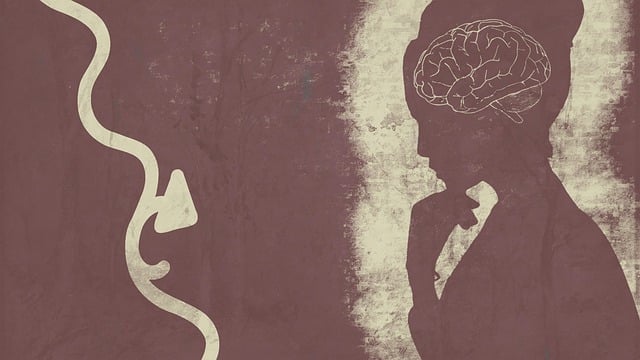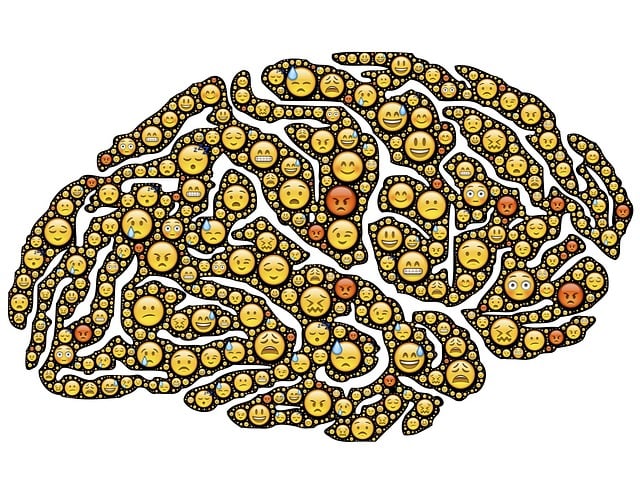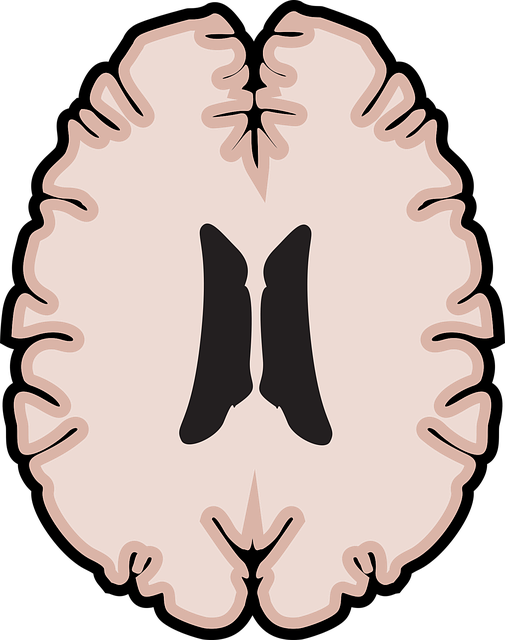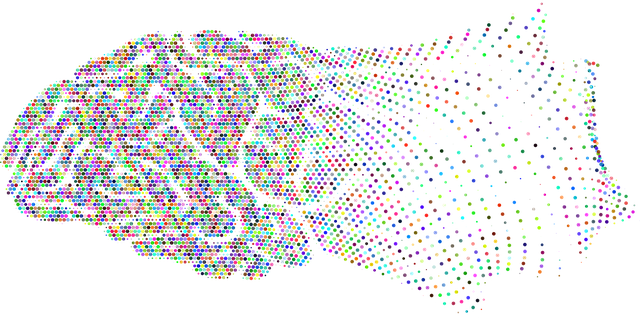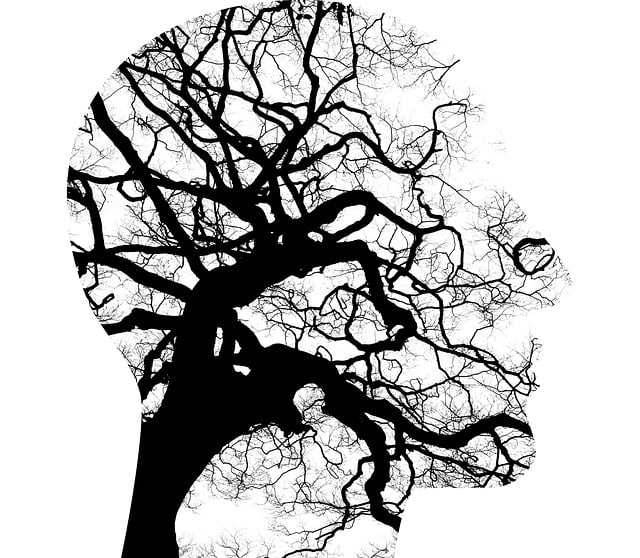Louisville's diverse community faces unique challenges with polyamorous and open relationships, requiring tailored mental health resources and stigma reduction efforts. Crisis intervention guidance is vital for building inner strength and creating an inclusive environment. Effective outreach programs must understand local culture, incorporate niche needs, and manage risks. Building trust through patient dialogue educates individuals on emotional regulation, breaking down misconceptions. Measuring success via comprehensive assessments and risk management ensures positive outcomes, enhancing Louisville Polyamorous and Open Relationships Therapy's impact.
Louisville’s community outreach programs are transforming lives by addressing the city’s unique social fabric needs, particularly in the realm of polyamorous and open relationships. This article delves into the multifaceted approach of fostering inclusive spaces through therapy, tailored strategies, and trust-building initiatives. By exploring these innovative practices, Louisville is experiencing a vibrant metamorphosis, enhancing well-being and breaking down barriers associated with polyamory. Discover how these programs are revolutionizing community engagement and creating a more accepting environment for all.
- Understanding Community Needs: Identifying Gaps in Louisville's Social Fabric
- The Role of Therapy in Fostering Open Relationships and Polyamory
- Designing Outreach Strategies: Tailoring Programs to Local Culture and Demographics
- Building Trust: Engaging with the Community and Overcoming Stigma
- Measuring Success: Evaluating the Impact of Louisville Polyamorous and Open Relationships Therapy Programs
Understanding Community Needs: Identifying Gaps in Louisville's Social Fabric

Louisville, like many cities, has a diverse community with unique needs and challenges. In recent years, there’s been a growing awareness of the importance of addressing social gaps and fostering connections within the fabric of our neighborhoods. This is especially true for marginalized communities, such as those exploring polyamorous and open relationships, who often face stigma and lack accessible support systems.
The city’s social landscape has room for improvement in terms of mental health resources tailored to these specific needs. By recognizing and acknowledging these gaps, community outreach programs can be designed to offer much-needed Crisis Intervention Guidance and Mental Illness Stigma Reduction Efforts. Nurturing inner strength development is crucial to building a resilient community where everyone feels accepted and supported, regardless of their relationship choices or mental health struggles.
The Role of Therapy in Fostering Open Relationships and Polyamory

In the context of Louisville polyamorous and open relationships therapy, professional counseling plays a pivotal role in fostering healthy connections and navigating complex dynamics. Therapy offers a safe space for individuals and couples to explore their emotions, communicate openly, and build trust—essential components for thriving polyamorous communities. Through structured sessions, participants learn effective communication strategies, crisis intervention guidance, and self-care routine development for better mental health. This support is particularly crucial during transitions or when dealing with societal pressures that may contribute to feelings of isolation.
By addressing underlying issues and promoting understanding, Louisville polyamorous and open relationships therapy helps individuals prevent or manage depression and other mental health challenges. It encourages self-reflection, fosters empathy, and strengthens the capacity for consensual, ethical relationships. Ultimately, this form of guidance enables members of these communities to build supportive networks, enhance their well-being, and thrive in their chosen relationship styles.
Designing Outreach Strategies: Tailoring Programs to Local Culture and Demographics

When designing outreach strategies for community programs, especially those focused on niche populations like Louisville’s polyamorous and open relationships communities, understanding local culture and demographics is paramount. This involves recognizing unique needs, values, and challenges that set this group apart from others. For instance, a successful program might incorporate alternative conflict resolution techniques suited to polyamorous dynamics, addressing relationship complexities not typically encountered in monogamous communities.
Tailoring such initiatives requires sensitivity and expertise. Professionals facilitating these programs should be well-versed in emotional healing processes specific to open relationships, as they often face distinct mental health challenges. Moreover, comprehensive risk management planning becomes essential, ensuring that both the community’s needs are met and that mental health professionals are equipped to handle potential risks and ethical dilemmas that may arise within this context.
Building Trust: Engaging with the Community and Overcoming Stigma

Building trust is a cornerstone when implementing community outreach programs, especially in addressing sensitive topics like polyamorous and open relationships. In Louisville, where such lifestyles might be less understood, engaging with the community requires patience and sensitivity. Overcoming stigma starts with open dialogue; therapists and program organizers must create safe spaces for individuals to share their experiences without fear of judgment. This involves educating both the facilitators and participants about emotional intelligence and regulation, ensuring everyone involved can navigate conversations with empathy.
By fostering an environment that boosts confidence and encourages emotional expression, trust is built on multiple levels. Community members feel heard, validated, and supported, which paves the way for deeper connections and understanding. This process is crucial in breaking down misconceptions about polyamorous and open relationships, fostering a more inclusive community where diversity of love and relationship structures is accepted and celebrated.
Measuring Success: Evaluating the Impact of Louisville Polyamorous and Open Relationships Therapy Programs

Measuring success is a vital aspect of evaluating the impact and effectiveness of Louisville Polyamorous and Open Relationships Therapy programs. To gauge progress, therapists should implement robust assessment tools that capture both quantitative and qualitative data. This involves tracking improvements in participants’ emotional regulation skills, self-care routine development for better mental health, and overall relationship satisfaction. Regular pre-post assessments can help identify specific areas of growth or challenges within the therapy process.
Additionally, risk management planning for mental health professionals is crucial when working with polyamorous and open relationships. By assessing potential risks and implementing mitigation strategies, therapists ensure a safe and supportive environment. This includes considering unique cultural considerations, managing boundaries, and fostering an inclusive space that respects diverse relationship dynamics. Regular evaluation allows for continuous improvement in program design and delivery, ultimately enhancing the positive impact of Louisville Polyamorous and Open Relationships Therapy initiatives.
Louisville’s community outreach programs, with a focus on polyamorous and open relationships therapy, have shown promising results in strengthening local social connections. By understanding community needs, tailoring strategies to cultural demographics, building trust through engagement, and measuring success objectively, these initiatives address gaps in the city’s social fabric. The Louisville Polyamorous and Open Relationships Therapy programs offer valuable insights into fostering inclusive, healthy relationships, contributing to a more vibrant and connected community.
